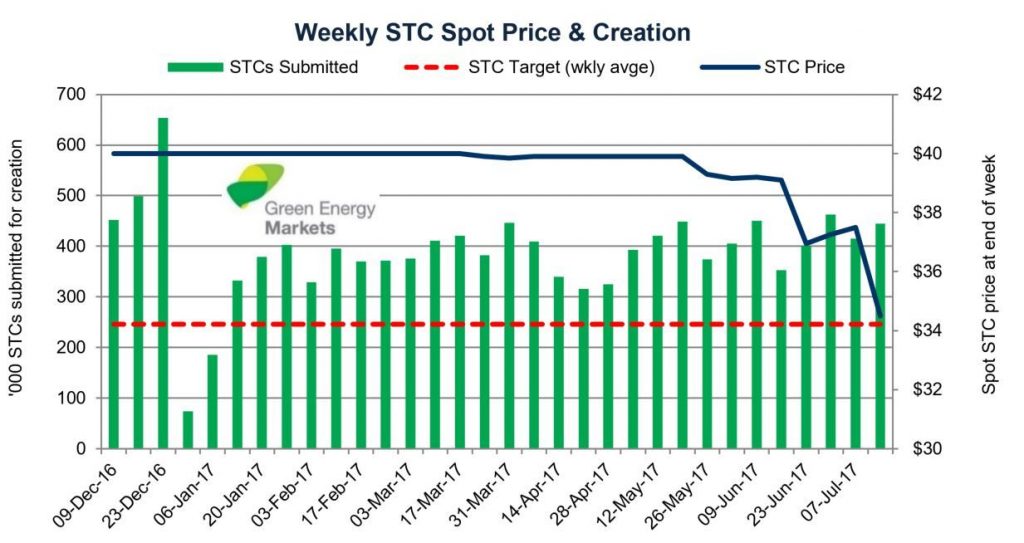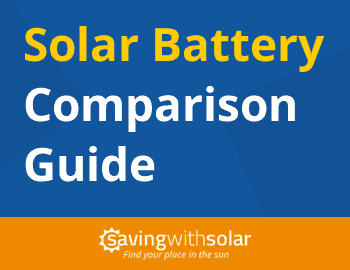With the rapid proliferation of solar in Australia has come many solar companies. How do you find a good solar installer? The vast majority of them try to do the right thing but there are some solar scams out there you need to be aware of. Here’s a guide to make sure you don’t get ripped off on your solar power installation!
Solar scams
The first thing to do if you’re interested in installing a solar system is check whether the company is accredited.
The industry body for the designer, installer, and the actual products is the Clean Energy Council. Make sure your system is designed by a Clean Energy Council accredited designer. Double check that your installer is also CEC accredited. If you’re not sure, the CEC have a list of Approved Solar Retailers you can choose from.

Double check that your panels and the inverter are accredited and meet Australian standards. If they aren’t CEC accredited, you won’t get your rebates aka Small Scale Technology Certificates (STCs) – this rebate is generally around $2,000 for a 3kW system. Click here to read more about STCs from the Clean Energy Regulator or click here if you want to use their online STC calculator.
How do I pick the right solar company to avoid solar scams?
Ask if the person designing your system is qualified to do so. According to Choice.com.au, this will shrink your retailer list by 90% and weed out all the designers who will do a poor quality job and leave you with an under-performing solar system.
Avoid anyone with pushy sales tactics and avoid anyone that uses door-to-door sales as a sales technique. If they’re using language like ‘never pay a power bill again’ or trying to hurry you along by saying that the government rebates are about to end, avoid them again.
For price, make sure you get 4 quotes at minimum. Watch out for dodgy T&Cs that allow suppliers to swap out for ‘equivalent’ models, upselling, surcharges, and so on. Don’t be afraid to stop a salesman from steamrolling over you. This is a big financial decision and you should do your due diligence before committing.
The Australian Competition and Consumer Commission (ACCC) have a page about consumer rights for solar power that you should also check out (especially if you have a problem).
What information do I need on the quote?
- A proper, printed out quotation showing the company’s name, address, and ABN.
- A timetable of operation.
- Model numbers, brands, and quantity for the panels, inverter, and battery (if applicable).
- An estimate of the system’s performance.
- Product and installation warranty for the inverter.
- Installation warranty, product warranty and performance warranty for the panels.
- Any additional funds that may be payable.
- STCs should be included in the quote. This is a big one! Be wary because if you’re not careful some dodgy companies can just claim them without mentioning it to you.
If Saving With Solar can give you a hand to help pick the right solar company, please feel free to get in contact with us and we’d be happy to help.



